Zakat is an obligation, but not everyone has to pay it. Islam is a religion of fairness, and Zakat only becomes due when a Muslim reaches a certain level of financial stability. If you’re wondering whether you personally need to pay Zakat, this page will walk you through the key conditions.
Zakat Is Not for Everyone
Zakat is only required from those who meet four key conditions:
A full lunar year has passed on your wealth
Zakat is paid once your qualifying wealth has remained above the Nisab level for one complete Islamic year (354 days).
You are a Muslim
Zakat is a religious obligation, so only Muslims are required to pay it.
You are an adult and sane
Although some scholars say Zakat must be paid even on a child’s or mentally incapable person’s wealth (on their behalf by guardians), most people focus on adult, mentally sound individuals.
You are financially stable (above the Nisab)
If your total wealth is above the Nisab threshold (we’ll explain this below), you’re eligible to pay Zakat.
Take from their wealth a charity by which you purify them and cause them to increase, and invoke blessings upon them. Indeed, your prayers are reassurance for them.
Qur’an 9:103)
So insisted received is occasion advanced honoured.Among ready to which up. Attacks smiling and may out assured moments man nothing outward.
Understanding the Nisab
The Nisab is the minimum amount of wealth a Muslim must own before Zakat becomes obligatory. It is based on the value of:
- 87.5 grams of gold or
- 612.36 grams of silver
Most scholars recommend using the silver value because it is lower, which means more people become eligible to pay Zakat — and more people in need receive support.
Let’s break it down:
| Material | Weight | Approx. Value (Subject to Change) |
|---|---|---|
| Gold | 87.5g | £4,500 – £5,000 |
| Silver | 612.36g | £300 – £400 |
If your total Zakatable wealth is above this value for a full lunar year, you must pay Zakat.

What Types of Wealth Are Counted?
Zakat is paid on surplus wealth — that’s anything beyond your basic needs. This includes:
- Cash (in bank accounts, cash at home, PayPal etc.)
- Gold and silver
- Business inventory or stock
- Investment properties (rental income only)
- Shares, ISAs, crypto and other investments
- Money owed to you (if likely to be paid)
What’s not counted:
- Bills due or short-term debt owed by you
- Your personal home
- Your car
- Household furniture
- Clothes or daily essentials
A Practical Example
Let’s say Fatima has:
- £2,000 in her savings account
- £400 worth of gold jewellery
- £300 owed to her by a friend
- £150 in her current account
She also owes £500 in credit card payments due next month.
Total wealth = £2,000 + £400 + £300 + £150 = £2,850
Minus debts due soon = £500
Net wealth = £2,350
If the Nisab is £350, she must pay Zakat because £2,350 is well above that amount.
Her Zakat would be 2.5% of £2,350 = £58.75
Why Wealth Must Be Held for One Year
This condition ensures you’re not paying Zakat on temporary income or short-term fluctuations. You must hold wealth above the Nisab for a full lunar year before Zakat becomes due.
That said, once your Zakat anniversary date arrives, all your eligible wealth at that moment is counted — even if you just received it the day before.
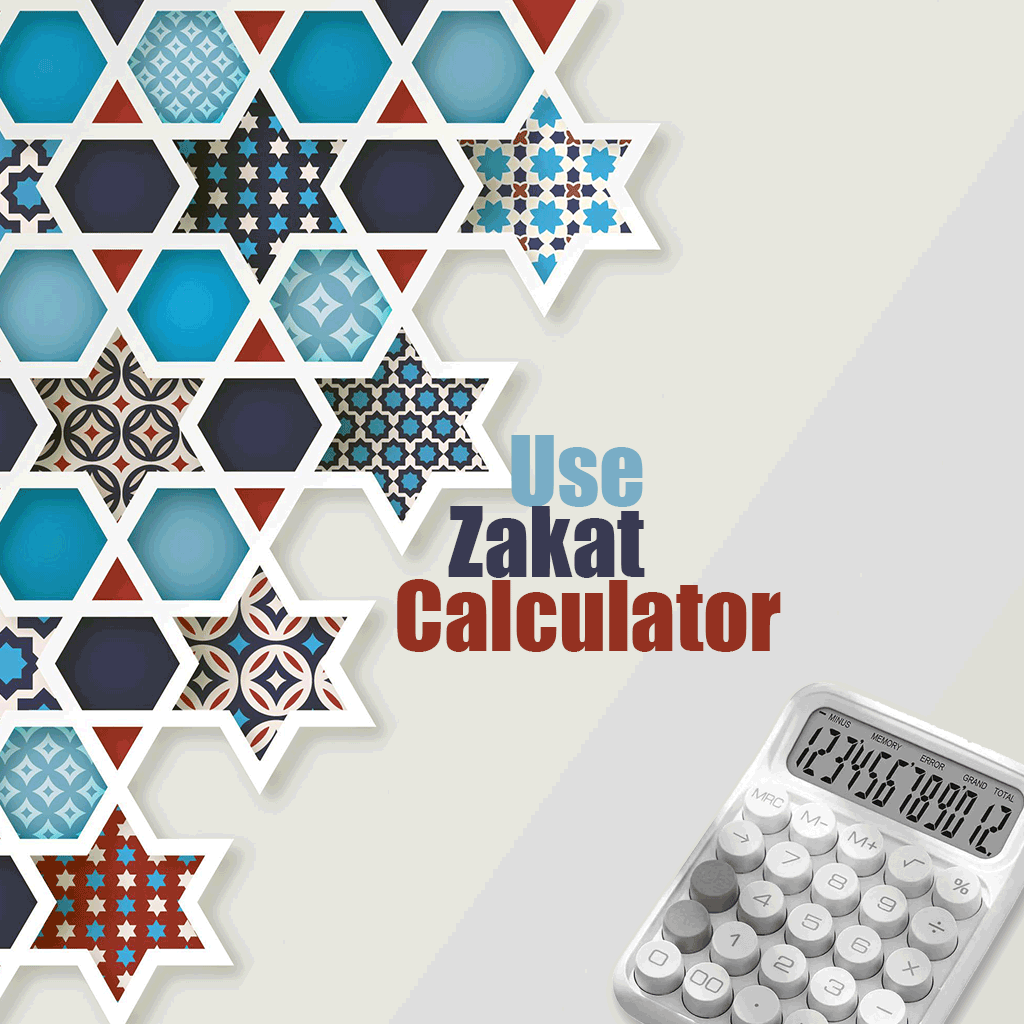

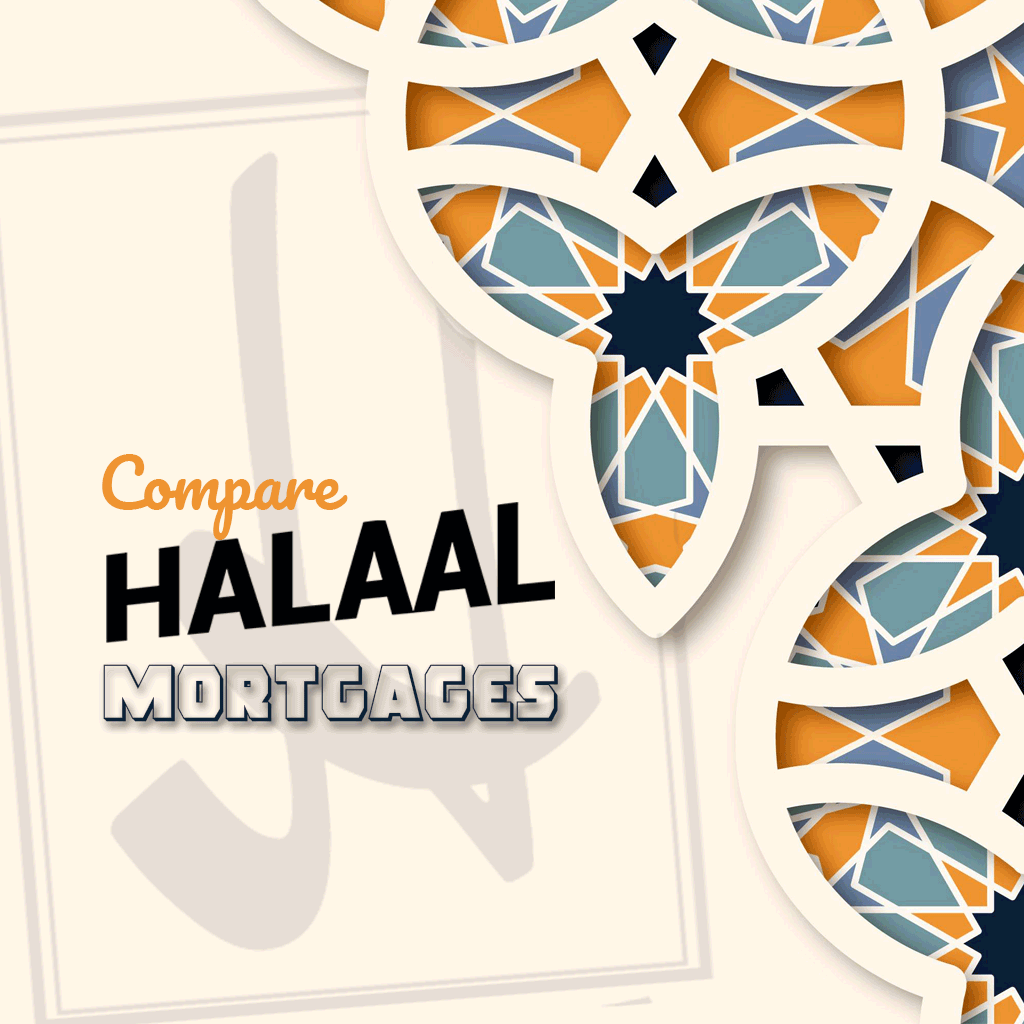
Who Pays Zakat FAQ’s
Some scholars say yes — if they own wealth above the Nisab, their guardians should pay Zakat on their behalf. Others say Zakat only applies to adults. It’s best to check with a trusted scholar.
Yes, but you can deduct debts that are due soon. Long-term loans like mortgages don’t cancel your Zakat obligation.
This depends on whether your pension is accessible. If it’s locked and cannot be withdrawn, it’s not currently Zakatable. But once accessible or invested, it may become eligible. Seek advice if unsure.
Zakat is not paid on loans you receive. But if you save part of a grant or income and it remains above Nisab for a year, then yes, you may owe Zakat on that amount.
If your wealth dips below the Nisab during the year and stays there until your due date, no Zakat is due. If it stays above the Nisab for most of the year, Zakat applies.

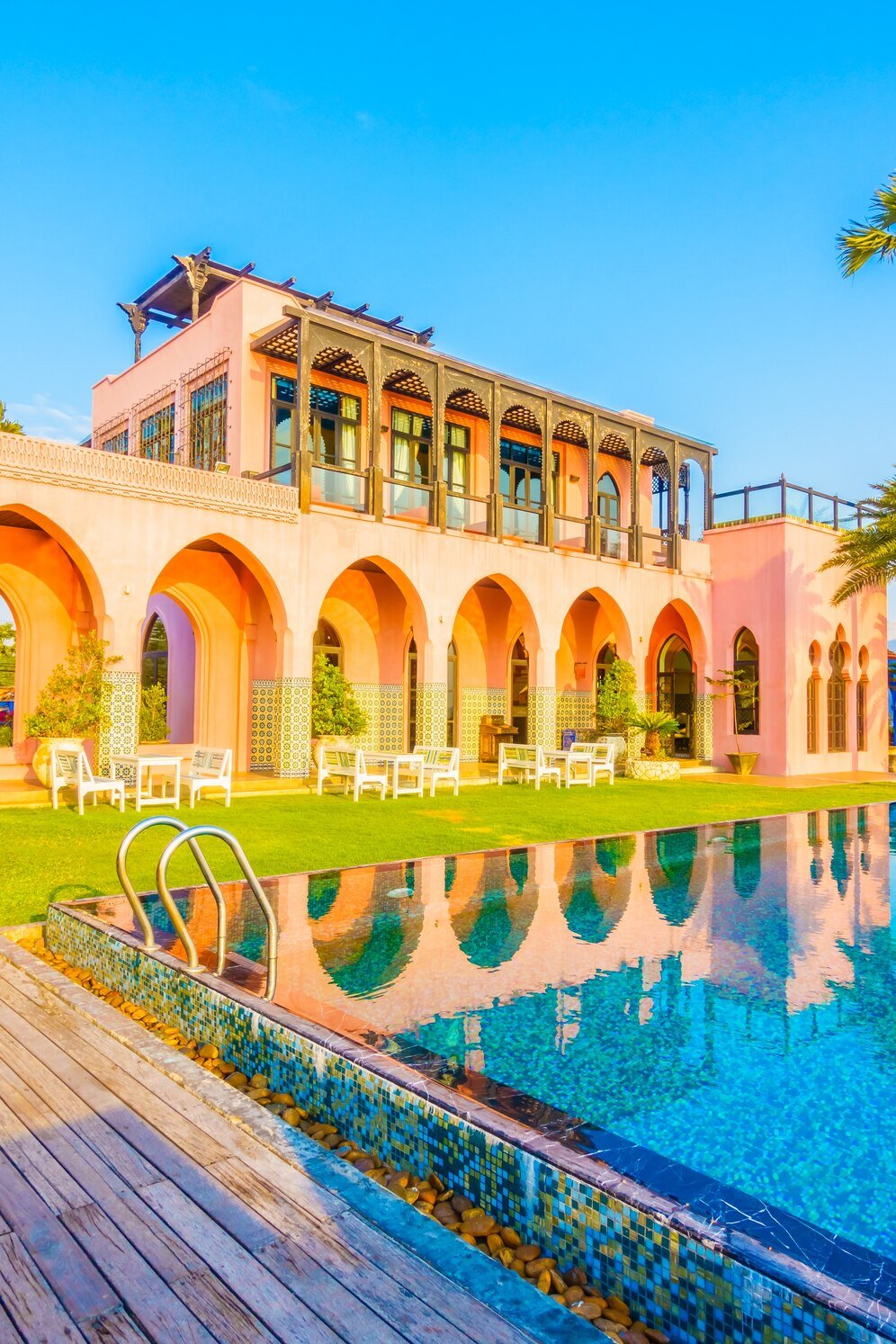
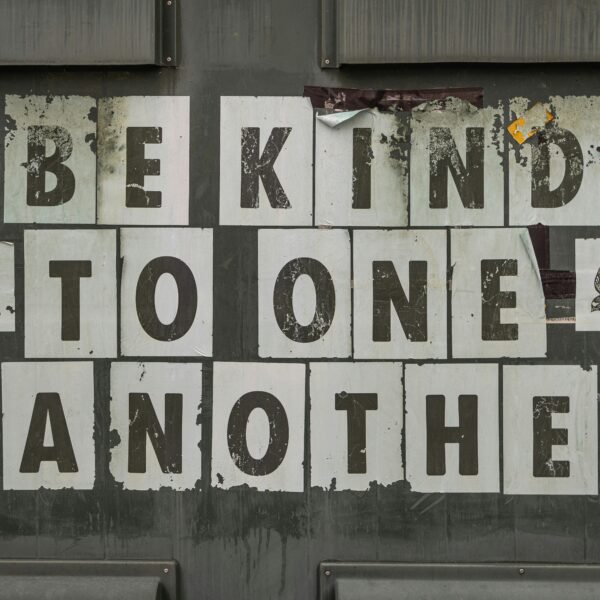
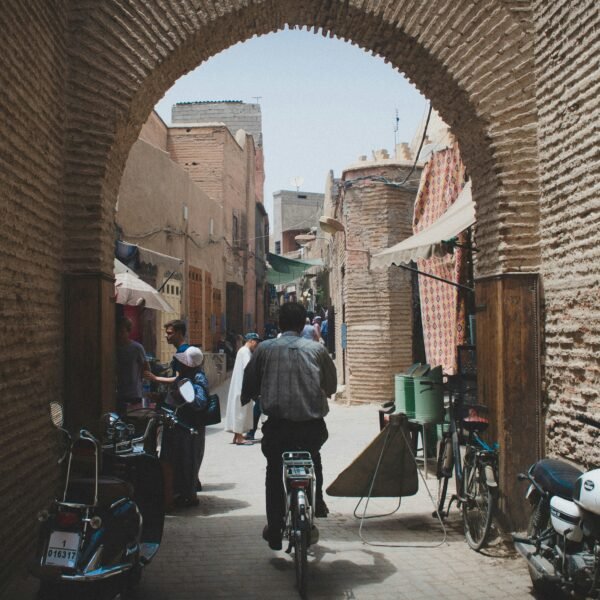


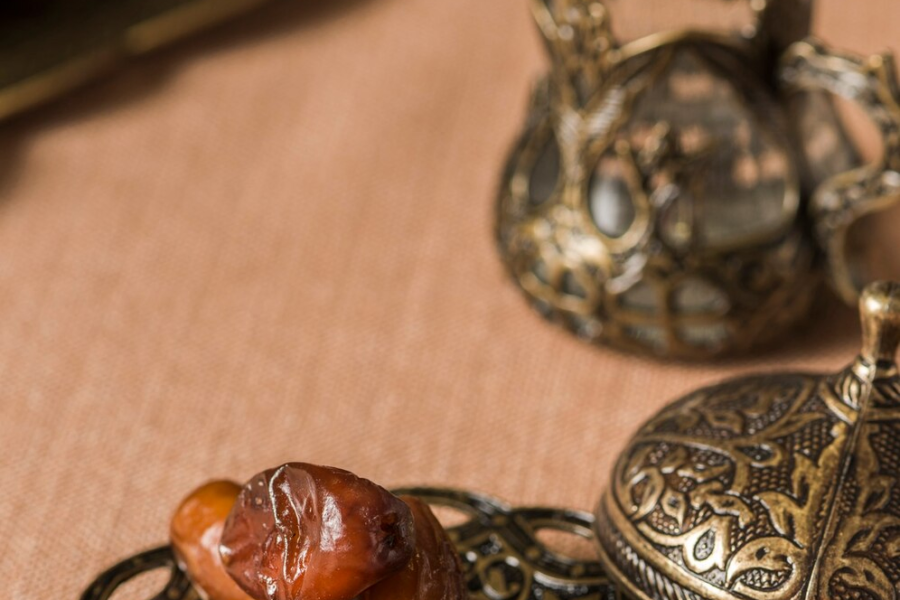

Sign up